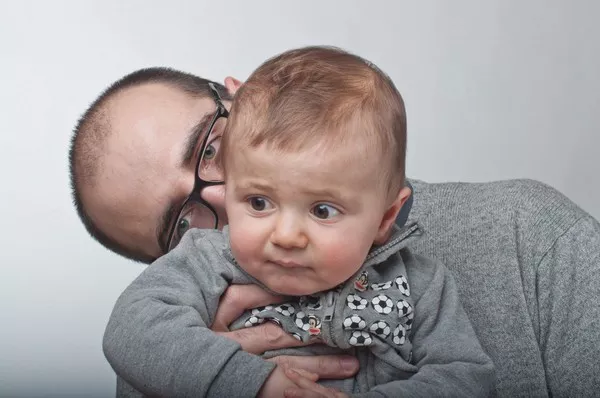In a dramatic legal turn, the Texas Supreme Court has halted the execution of Robert Roberson, who was scheduled to be executed late Thursday evening for the death of his 2-year-old daughter, Nikki, in 2002. The ruling comes after a day of intense legal maneuvers and growing concerns over the use of controversial “shaken baby syndrome” (SBS) as the key evidence in his conviction.
Roberson, 57, had been set to become the first person in the U.S. to be executed for a shaken baby death. His execution was set for 6 p.m. local time at the Texas State Penitentiary in Huntsville. However, shortly before 10 p.m., the Texas Supreme Court issued a temporary stay on his lethal injection after a bipartisan group of state lawmakers successfully petitioned for the pause.
Lawmakers had issued a subpoena for Roberson to testify at an upcoming hearing next week, a legal step that would have been impossible if his execution had gone forward. The Supreme Court’s stay ensures Roberson’s right to testify in the case.
Roberson has consistently maintained his innocence in the death of his daughter, who tragically passed away in 2002 from what doctors initially classified as shaken baby syndrome. Prosecutors argued that Nikki’s death was caused by violent shaking, a condition once thought to be a definitive indicator of abuse. However, recent advancements in medical research have cast doubt on the accuracy of the “triad” symptoms—swollen brain, retinal hemorrhaging, and brain bleeding—used to convict Roberson.
The medical community has since redefined “shaken baby syndrome” as “abusive head trauma,” acknowledging that other medical conditions—such as infections, accidents, and pre-existing illnesses—can also cause these symptoms. The case has become emblematic of a broader reevaluation of forensic science used in child abuse cases.
A hearing held by Texas legislators this week saw testimony from medical experts and a former detective involved in the original investigation. Brian Wharton, the retired lead detective in the case, now advocates for Roberson’s release, insisting that the case against him was based on flawed evidence and procedural errors.
State Representatives Lacey Hull (R) and John Bucy (D), who led the legislative hearing, both believe Roberson is innocent. They, along with other lawmakers, continue to call for a thorough review of the case, and are pushing for the proper application of Texas’ “junk science” law, which allows inmates to challenge wrongful convictions based on new scientific advancements.
Roberson’s defense attorney, Gretchen Sween, said the case has attracted wide-ranging support, including from prominent scientists, doctors, and a diverse coalition of activists. Even the U.S. Supreme Court acknowledged the urgency of the situation, with Justice Sonia Sotomayor noting in a statement that “few cases more urgently call for such a remedy” as Roberson’s.
Despite the U.S. Supreme Court’s refusal to stay the execution, the Texas Supreme Court’s ruling Thursday has kept Roberson alive—for now.
Gov. Greg Abbott has remained silent on the issue, despite a petition signed by more than 116,000 people urging him to halt the execution. The Texas Board of Pardons and Paroles also declined to recommend clemency this week.
Roberson’s 2-year-old daughter Nikki was pronounced dead in January 2002. Roberson has described the moments surrounding her death as traumatic. He found Nikki unresponsive after she had fallen out of bed and was rushed to the hospital. Despite medical efforts, she was pronounced brain-dead the following day.
Roberson, who was later diagnosed with autism spectrum disorder, says his seemingly emotionless reaction to the tragedy was misinterpreted by law enforcement, who assumed he was guilty. His defense team argued that his condition contributed to his inability to show typical emotional responses.
Further complicating the case is Nikki’s medical history, which included numerous hospital visits and a dangerously high fever just days before her death. Some experts believe this history, combined with an unsafe drug prescription, could have contributed to her condition.
This case is one of many where shaken baby syndrome has come under intense scrutiny, with wrongful convictions mounting as forensic science continues to evolve. At least 34 people have been exonerated since 1992 after being wrongfully convicted for allegations related to shaken baby syndrome, according to the National Registry of Exonerations.
As legal experts and advocates continue to challenge the use of SBS as the sole determinant in child death cases, Roberson’s case remains a critical test of the Texas justice system and the future of forensic science in the courtroom.
Read More:
New Insights Into Human Evolution: Starch-Digesting Genes Date Back 800,000 Years
Northern Ireland Prepares For Modern Public Health Bill
New Pediatric Heart Stent Offers Lifelong Benefits For Children With Congenital Heart Defe


